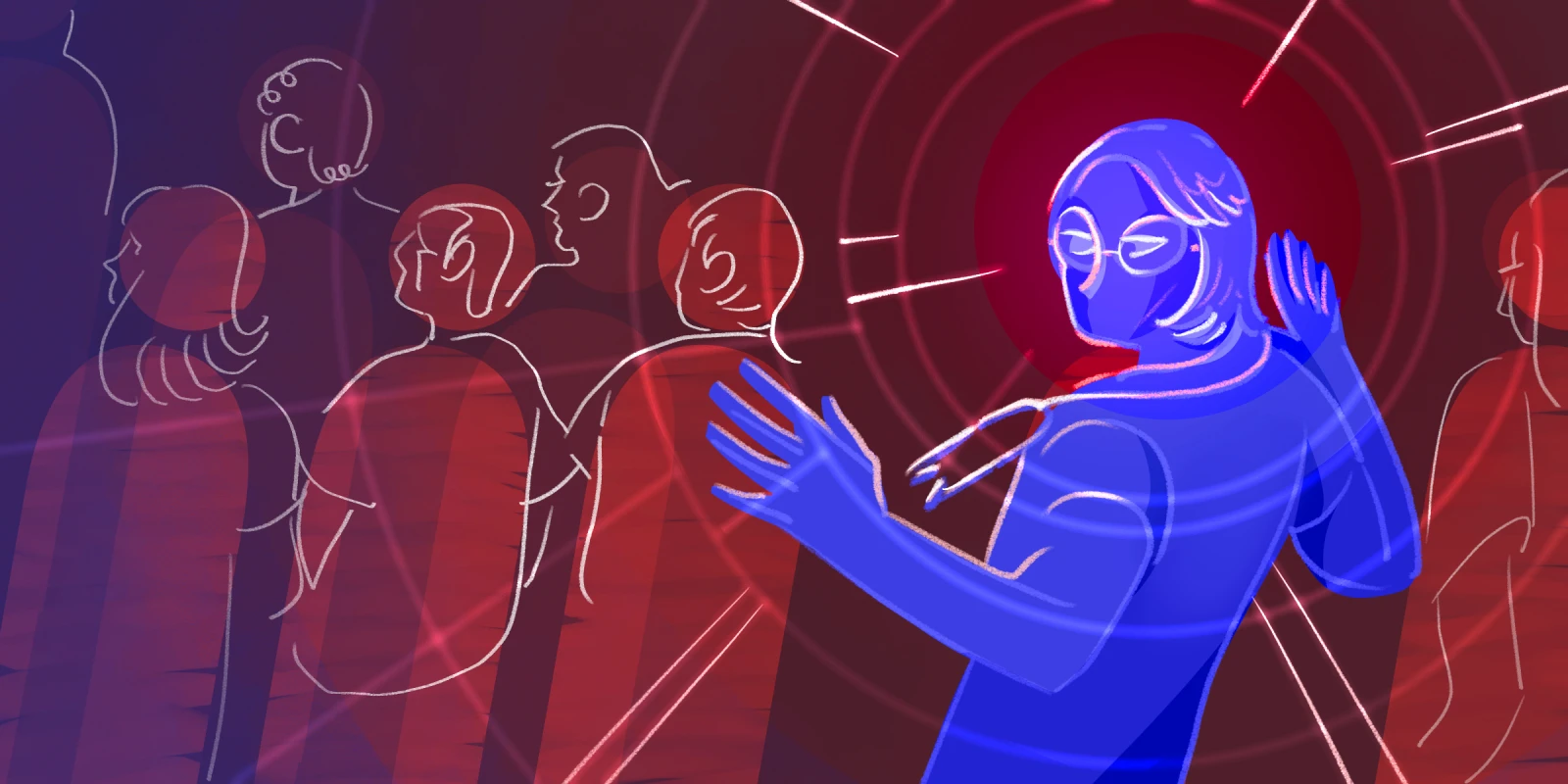In summer 2023, Doximity ran our Women in Medicine essay contest. We are happy to announce this as the winning essay.
“How did you figure that out—and so quickly?” one of the younger hospitalists asked.
Like me, he was in the ED doing an admit. Our 412-bed rural Missouri hospital was the only one in a 90-mile radius, except for a few small critical access hospitals. Anyone seriously ill was brought to us. We had a variety of specialists not at those facilities.
The other hospitalist added, “I had talked with the man quite a while and never realized he was suicidal. I even did his last admission.”
“It’s a matter of asking the right questions,” I said. “I noticed in his chart he had been admitted a week ago with DKA and that social services jumped through hoops to get him insulin since he had difficulty affording it. I asked if he had trouble getting his insulin this past week. He said no, he got it. So then I asked why he wasn’t using his insulin. He told me he was tired of having medical problems and just wanted to 'end it all,' which led me to ask further questions.”
“No, I think Dr. R is right. You have ‘spidey senses.’”
“Huh?”
“Spidey senses. Like Spider-Man. Your superpower. You can just tell when something other than the obvious is going on,” the hospitalist said.
“No, I just noted in the chart his diabetes had been under reasonable control until the most recent admission. No infections at that time to trigger DKA and he had told social services he couldn’t afford the insulin. Now, there wasn’t a financial problem keeping him from using the insulin, so he wasn’t taking it for another reason. Side effects? Needle phobia? Poor understanding of how to use insulin? Something else? If I didn’t figure out why, he’d be in here again in a few days — or worse.”
“I looked through the same chart and these thoughts never occurred to me. You’re Spider-Man… or rather, Spider-Woman.”
I laughed. The other doctors used to roll their eyes whenever I’d say, “Something’s not right. There’s more to this.” As they got to know me, the eye rolls stopped and the doctors began to pay more attention when I said there was a problem. Even the laboratory technicians got acquainted with me, as I was usually the first (and sometimes the only one) to report spurious labs and recognize calibration issues. (The spidey sense comes with the ability to see trends in lab data quickly).
When we first started to collaborate on cases, Dr. R, one of the cardiologists, was initially quite skeptical. But in a short time he trusted my judgment, and would just slightly shake his head as if to say, What will she come up with this time? Others soon followed suit. One of the ER docs would often say about a complex case, “I’m thinking of sending this person home for further work up as an out-patient” or “I’m thinking of admitting him” and ask me to take a look. Usually, I’d agree with his assessment, but every now and then I wouldn’t.
One of the first times I experienced my “sense” was when a young man in his 30s came to the ER after his second syncopal episode in a few days. He had spent time outside and the temperatures had been quite hot. The first time he was sent home from the ER with the diagnosis of heat stroke. He was obese and had no other medical history. The ER doc was thinking of sending him home this visit after hydration and maybe arranging for neurology to rule out seizures since that would be the second most likely cause of syncope at his age. When I examined him I noted a slight murmur. His chest was large and it was difficult to hear. “Oh, I’ve had that heart murmur since I was a kid,” he said. “I was told it was benign and not to worry.”
Despite his young age, I started asking more cardiac questions. “Have you noticed any changes in your ability to do things, like walk up stairs? Are you running out of breath sooner than a year ago?” Unfortunately, what the patient had thought was “typical” due to his size didn’t sound so good to me. His cardiac enzymes were normal but I was willing to bet there was a serious heart issue going on.
“We can’t discharge the man until he has an echo,” I said. “Put him in observation overnight in the step-down coronary care unit. Get cardiologist Dr. R to consult.”
The echocardiogram showed severe aortic stenosis. A few hours later the man was a code blue but was successfully resuscitated. We shipped him to a tertiary care facility for a heart valve replacement.
Maybe part of this spidey sense is just paying extra attention to details and asking lots of questions. I’m proud to say that my superpower has helped patients get treatment for ailments that could have been otherwise overlooked. And thankfully, it didn’t require getting bitten by a spider, just time and experience.
Dr. Cindy Troiano has now retired after 33 years in family practice and as a hospitalist. She received her medical degree from the Chicago College of Osteopathic Medicine (Midwestern University). Swimming, hiking, and bicycling are some of her hobbies, in addition to artwork and writing. She is presently working on a memoir entitled, “If the Exam Tables Could Talk.”All names and identifying information have been modified to protect patient privacy.
Illustration by April Brust






